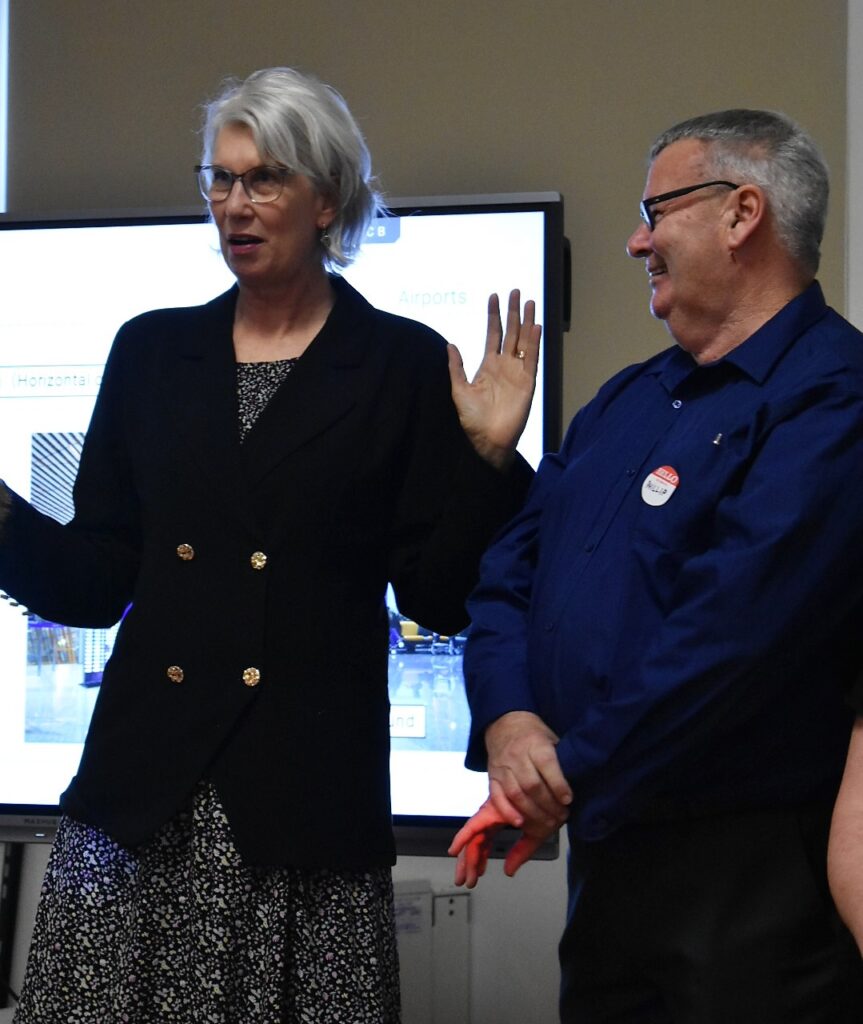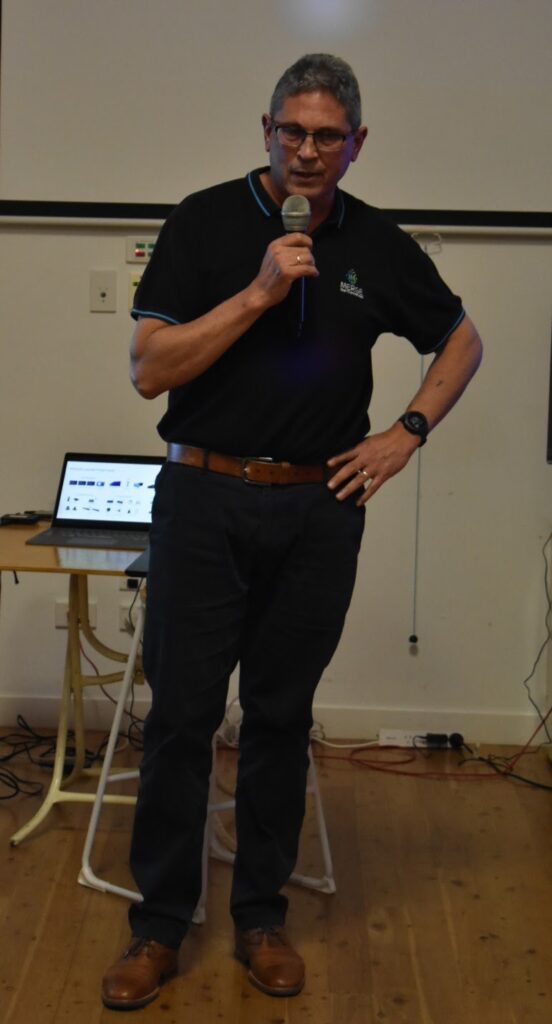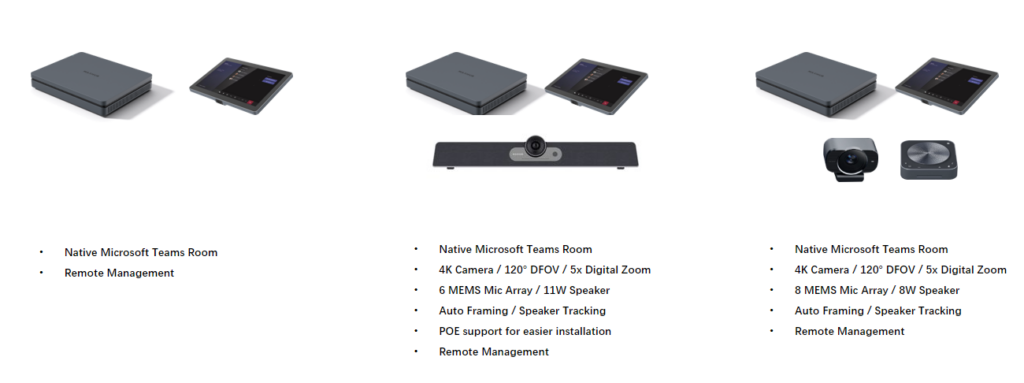UK Correspondent: Peter Minkoff
Artificial Intelligence (AI) has emerged as a transformative force that is reshaping various industries and sectors across the globe. This technology, which enables machines to mimic human intelligence and perform tasks that traditionally require human intervention, is revolutionizing the way we interact with technology and conduct everyday activities. The impact of AI is particularly evident in its influence on different technologies, where it has paved the way for innovation, optimization, and efficiency.
Education and Personalized Learning
In the realm of education, AI is transforming traditional teaching and training methods by offering personalized learning experiences. AI-powered platforms analyse student performance data to tailor educational content and pace to individual needs. This adaptive learning approach maximizes engagement and comprehension, ensuring that students receive customized support. AI also enables the automation of administrative tasks, allowing educators to focus more on teaching and mentoring.
Healthcare and Medical Diagnostics
AI is revolutionizing the field of healthcare by enhancing medical diagnostics and decision-making processes. Machine learning algorithms can analyse vast amounts of medical data, including images, patient records, and genetic information, to assist in diagnosing diseases with remarkable accuracy. This technology aids healthcare professionals in identifying patterns, predicting patient outcomes, and suggesting personalized treatment plans. From early detection of diseases to drug discovery, AI is playing a pivotal role in advancing medical research and patient care.
Architecture and Construction Industry
The architecture and construction industry stands as a cornerstone of modern society, shaping the physical landscape and creating the built environments that surround us. This multifaceted sector encompasses a wide range of activities, from the conception and design of structures to their actual construction and implementation. Architects and designers bring creative visions to life through innovative concepts that balance functionality, aesthetics, and sustainability. The industry thrives on collaboration, as architects, engineers, contractors, and various specialists work together to realize intricate and ambitious projects. Advancements in technology, such as informative rhino courses that will help you learn everything you need to know, have revolutionized the way projects are planned and executed, allowing for enhanced precision, efficiency, and reduced environmental impact.
Manufacturing and Industrial Automation
In manufacturing, AI-powered robots and automation systems are increasing efficiency and precision. These robots can perform tasks with speed and accuracy, reducing human error and minimizing production costs. AI-driven predictive maintenance also plays a crucial role by analysing data from sensors and machines to identify potential equipment failures before they happen. This preventive approach optimizes maintenance schedules and minimizes downtime.
Agriculture and Precision Farming
AI is revolutionizing agriculture through precision farming techniques. AI algorithms analyse data from satellites, drones, and sensors to monitor crop health, soil conditions, and weather patterns. This data-driven approach enables farmers to make informed decisions about irrigation, fertilization, and pest control. By optimizing resource allocation, AI-driven precision farming enhances crop yield, reduces waste, and promotes sustainable agriculture practices.
Energy Management and Sustainability
AI is playing a pivotal role in optimizing energy consumption and promoting sustainability. Smart energy management systems use AI algorithms to analyse data from sensors and meters, enabling real-time adjustments to energy usage. These systems can predict energy demands, manage peak loads, boost a business’s online visibility, and identify areas for efficiency improvement. AI-driven solutions contribute to reducing carbon footprints and enhancing the overall sustainability of energy resources.
Entertainment and Content Creation
The entertainment industry is embracing AI to enhance content creation, SEO score, and audience engagement. AI algorithms analyse viewer preferences and behaviour to recommend personalized content, shaping the way we discover movies, music, and other forms of entertainment. Additionally, AI-driven technologies like deep learning are used to generate visual effects, animations, and virtual characters, enriching the immersive experience for audiences.
Artificial Intelligence is a transformative force that’s reshaping a multitude of technologies across various industries. From healthcare and transportation to finance and education, AI’s impact is profound and far-reaching. As this technology continues to evolve, it’s poised to revolutionize how we interact with the world and leverage technology to address complex challenges. The integration of AI into different technologies is not only enhancing efficiency but also driving innovation, improving decision-making processes, and ushering in a new era of possibilities. As AI continues to shape the future, its transformative influence will continue to unfold across industries, offering unprecedented opportunities for advancement and growth.
Contact Phillip Quay
phillip@mediapa.co.nz
027 458 7724
www.nzbusinessconnect.co.nz














